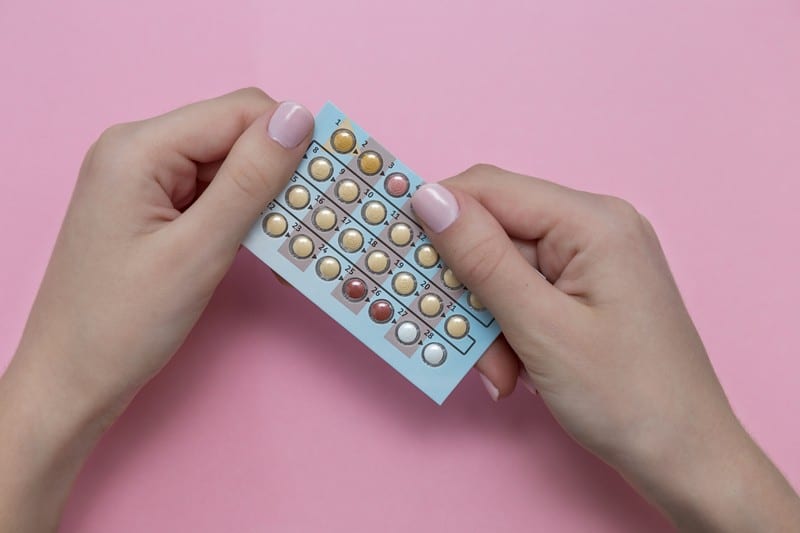Birth Control Pills

Yeast infections can be caused by several things, including birth control pills. The contraceptive pill combines several hormones designed to delay ovulation by suppressing the release of a luteinizing hormone. This hormone is critical to the reproductive cycle, as it signals the ovaries to produce estrogen and progesterone, which ultimately help maintain a healthy uterus and ovaries.
When the release of luteinizing hormone is suppressed for an extended period—as it usually is when using birth control—the ovaries will eventually stop producing estrogen and progesterone altogether. The sudden cessation of these hormones can be detrimental to the body’s chemistry, particularly in the vagina. Without them, the walls of the vagina become thin and dry, making them vulnerable to infection by microbial organisms like Candida albicans.
If you were previously diagnosed with a yeast infection, you should speak to your doctor about what precautions you should take while on hormonal birth control. Although it’s uncommon for women with yeast infections to develop them while on birth control, they can still develop symptoms such as itching or burning that may be mistaken for another condition.










